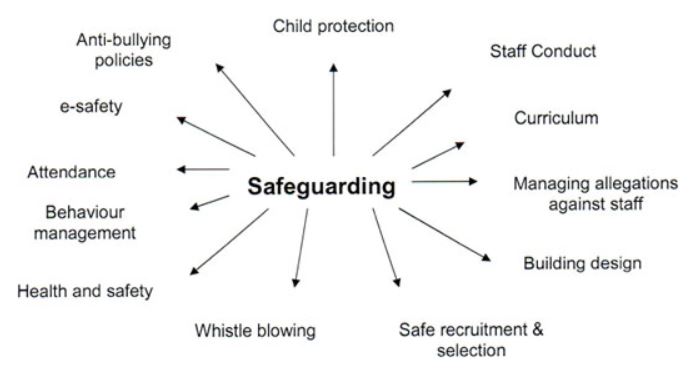Safeguarding
What is safeguarding?
All the governors and staff at Scole Church of England Primary Academy share an objective to help keep the children safe by contributing to:
- Providing a safe environment for them to learn
- Identifying children who are suffering or likely to suffer significant harm and taking appropriate action, with the aim of making sure that they are kept safe both at home and in the education setting.
To achieve this objective, we:
- Aim to prevent unsuitable people from working with the children
- Promote safe practice and challenge any poor or unsafe practice
- Identify instances where there are grounds for concern about a child’s welfare and initiate or take appropriate action to keep them safe
- Contribute to effective partnership working between all those involved in providing services for our children
The Designated Safeguarding Leads (DSLs) for safeguarding at Scole Church of England Primary Academy are:
-
- Mrs Jo Cerullo (Executive Headteacher)
- Mrs Maryanne Peters (Assistant Headteacher/SENDco)
- Mr Ben Aylmer (Senior Teacher)
- Miss Natalie Burch (Pastoral Support Assistant)
How do we ensure our children know how to keep themselves safe?
Keeping children safe in Education 2024
We have other policies/guidance such as whistle blowing, staff code of conduct and safer recruitment, these are available from school should you wish to see them.
Curriculum
At Scole, we teach PATHS, which is an evidence-based, social and emotional programme for all pupils aged up to 11.
It supports pupils to develop social and emotional skills (self-awareness, self-management, social awareness, responsible decision making and relationship skills).
The PATHS programme includes a structured curriculum, support for children to apply skills to new contexts and extend learning to the home environment.
We teach our children about many aspects of safety in an appropriate manner according to their age and stage of development, all as part of a varied curriculum.
- risk taking and awareness of their bodies and how to keep themselves from physical harm. E.g safely learning how to use the climbing frame.
- E-safety – keeping themselves safe on the internet.
- Water Safety
- Road safety
- Sun safety
- Electricity safety
- Stranger danger
- Emotional understanding – Who can they trust? Who can they speak to if they are worried or upset? Instilling the language and vocabulary necessary for them to articulate their fears and worries…as well as their pride and achievements!
- Tools to communicate and the beginnings of conflict resolution.

 Scole C of E Primary Academy
Scole C of E Primary Academy